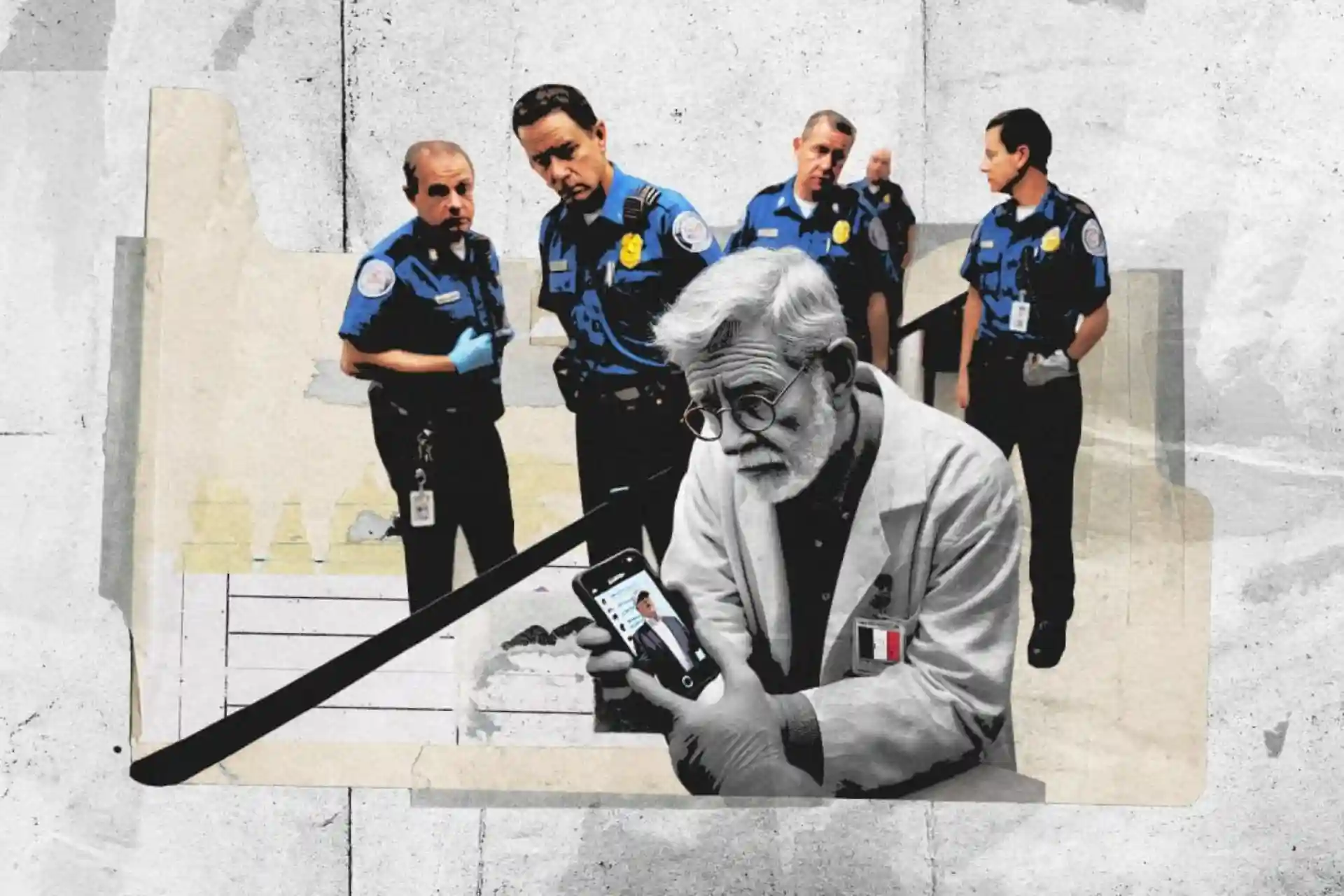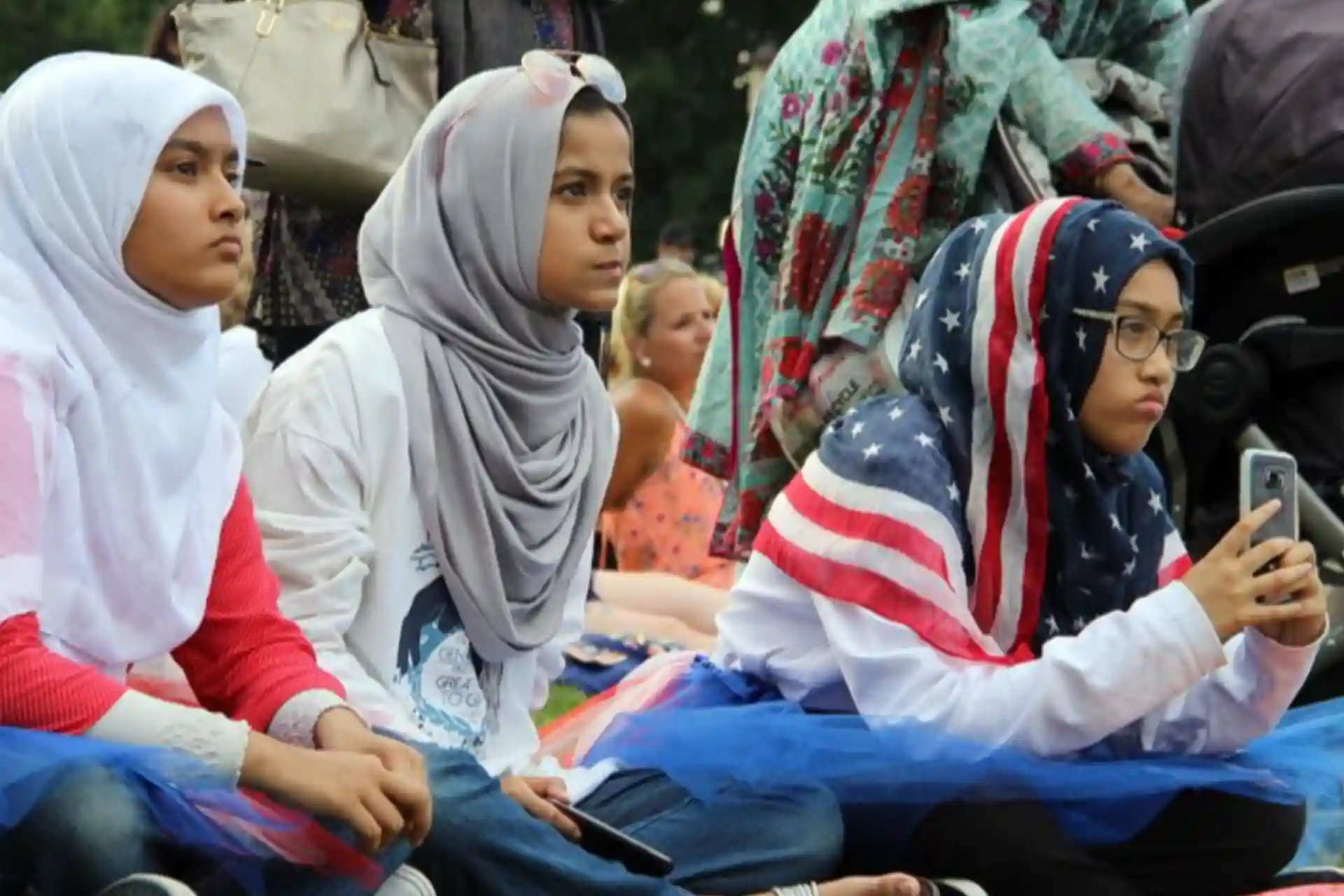Is academic freedom under threat in the US?
French scientist denied entry to US for criticizing Trump administration
The United States, once a magnet for the world's best scientists, now faces threats of censorship and ideological control. One recent incident, the ban on entry to the United States of a French scientist, has raised serious questions about the pressures on academic freedom and the independence of the scientific community.
French scientist deported from the US
On March 9, a French scientist was detained by US authorities while traveling to Houston to attend a scientific conference. According to French Higher Education Minister Philippe Baptiste, the scientist was visiting on behalf of the National Center for Scientific Research (CNRS). However, border officials searched his personal phone and found messages critical of the Trump administration's science policies.
According to Agence France Presse (AFP), the correspondence was described by US officials as a "security threat" and "an expression of hatred." It could even be interpreted as being related to extremism or terrorism.
Although the French scientist was cleared of all charges, he was denied entry into the United States and returned to Europe.
The French response and the concern of the academic community
French Higher Education Minister Philippe Baptiste strongly condemned the incident, saying that the violation of the freedom of the academic community was a serious problem. "We will continue to defend academic freedom," he said.
The incident has further heightened political tensions between the United States and Europe. Baptiste has previously criticized the Trump administration for cutting science budgets. On the day the French scientist was denied entry to the United States, Baptiste published an open letter urging American scientists to move to France.
According to France24, some universities in the country have developed special programs for researchers who want to leave the United States. In particular, conditions are being created for scientists conducting research related to climate change and ecology.
Threats to science are growing in the US
Philippe Baptiste posted a photo on social media of a meeting with a French scientist after his deportation from the United States. He also announced that the scientist from the University of Maryland School of Medicine has started working at the University of Aix-Marseille in France.
During the events, the country's leading academics, including Nobel laureates Esther Duflo and Anne Lauer, noted that there were "unprecedented attacks" on the independence of science in the United States.
They argue that the threat is not just to scientific research, but to democratic values as a whole. Public health and environmental research is being undermined by pressure on US academic institutions. Some scholars say that topics such as inequality, health and environmental issues are being removed from university curricula, scientific agencies are being attacked, international collaboration is being curtailed and researchers are being fired.
US border control and new regulations
According to The New York Times, U.S. Customs and Border Protection has the authority to search foreign tourists' phones, computers, and other electronic devices. However, such cases are rare: according to official data, only 0.01% of tourists were subjected to this procedure in 2024.
However, it is still unclear why this particular French scientist was targeted, and what materials on his phone were found to be problematic.
Other countries are also taking note of the US policy. According to The Hill, the UK has issued a travel warning to its citizens, while Germany has changed its entry rules to the US, reminding that obtaining a visa does not guarantee entry into the country.
Is science under ideological censorship?
The pressure on the scientific community is not limited to US domestic politics. Pressure is also increasing on the media.
The Associated Press has filed a lawsuit against the White House, alleging that the US government has required journalists to use certain words and phrases. Publications that failed to comply with this requirement have been punished.
Analysts say that the United States, once a center of science, is now becoming a center of ideological censorship. The United States, which once attracted the most advanced scientists, is now squeezing them out with bureaucratic obstacles and repression.
France, on the other hand, is trying to create a freer environment for scientific research, which not only increases scientific but also political competition, increasing the country's ability to attract scientists who are protesting the Trump administration.



